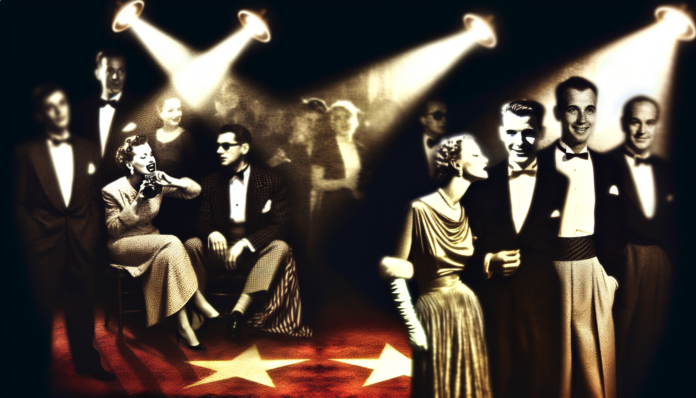Introduction
Mel Gibson, once the golden boy of Hollywood, saw his illustrious career tarnished by a scandal that reverberated through the entertainment industry and beyond. This scandal erupted in 2006, significantly impacting Gibson’s public image amid shifting societal norms surrounding race, gender, and mental health. At the time, prevalent moral attitudes leaned towards traditional views, often glossing over issues of substance abuse and mental health, leading to mixed reactions from the public and media alike.
The Scandal
In July 2006, Mel Gibson was arrested for DUI in Malibu, California. The arrest quickly escalated into a public relations nightmare when recordings of his rant surfaced. During the encounter, Gibson unleashed a torrent of hate-filled comments, including anti-Semitic remarks and threats directed toward the arresting officers. Key quotes from the tapes revealed his volatile state: “The Jews are responsible for all the wars in the world,” and “You’re going to put me in jail? It’s not gonna happen.”
The fallout was immediate:
- Media Coverage: News outlets were ablaze with headlines detailing Gibson’s tirade.
- Public Reactions: Social media was in its infancy, but the outrage was palpable. Public apologies, corporate condemnations, and organized boycotts soon followed.
- Industry Response: Hollywood quickly distanced itself from Gibson. Projects were shelved or canceled, and significant figures like Steven Spielberg and the Anti-Defamation League condemned his remarks.
Gibson attempted to quell the storm with an apology. He claimed that his comments were fueled by his intoxication and emphasized his struggles with alcohol. Yet the damage was done—his reputation was irrevocably altered.
Moral and Cultural Analysis
The societal reaction was mixed. While some sympathized with Gibson, citing his vulnerability and personal demons, the majority condemned his language and implied beliefs. The backlash led to tangible consequences:
- Professional Fallout: Gibson faced ostracism in Hollywood, resulting in fewer roles and collaborations.
- Personal Struggles: His battles with addiction and mental health entered the public dialogue, but were often overshadowed by his controversial comments.
Fast-forward to today, and the landscape of celebrity scandals has evolved dramatically. Modern audiences are less forgiving of racist and misogynistic comments, particularly given the increased focus on social justice. The emergence of platforms like Twitter allows for immediate backlash and rallying of support for targeted parties or causes.
If such a scandal were to happen today, the reaction would likely be more severe, with swift consequences amplified by social media. Unlike in 2006, where controversy could simmer fleetingly, today’s climate demands accountability, making it unlikely that Gibson would regain his former prominence without a substantial reckoning and broader dialogue about his past actions.
As society continues to grapple with issues of race, identity, and the treatment of public figures, Gibson’s scandal serves as a poignant example of how celebrity culture intersects with societal values, evolving perceptions, and the standards we hold ourselves and others to. The complexity of public forgiveness in the face of such monumental missteps remains a timely topic for further discussion.

